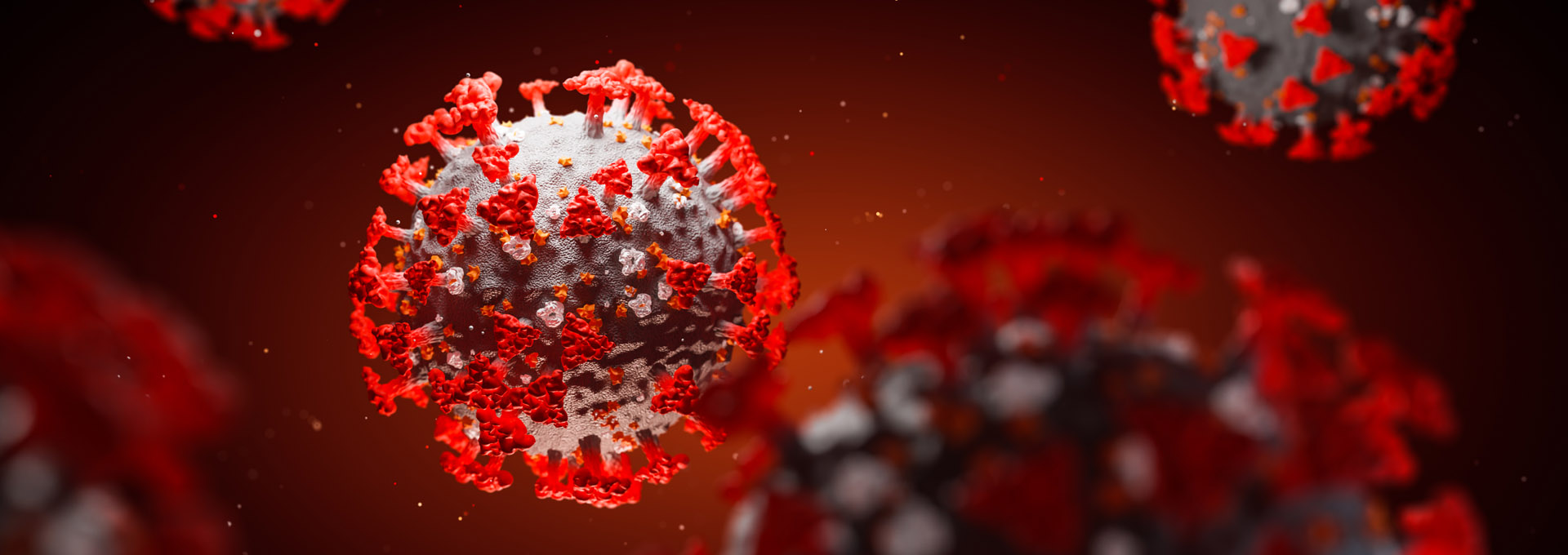Guest Editorial: We Should Expect Drug Shortages to Get Worse

As the current events surrounding coronavirus continue to unfold, we should expect drug shortages to get worse. It is too late to prevent drug shortages during an ongoing pandemic, and we are reaping what we have sown. By allowing essential generic medicines to become commodities and the pharmaceutical supply chain to globalize, in large part leaving the United States, we have created the perfect environment for drug shortages to develop.
Most of the essential medications related to a coronavirus infection needed to treat the very ill are the old standbys, such as antibiotics, diuretics, pressor medications, medications to treat heart failure, etc. As a society, we encouraged the price to be driven down to unsustainable levels (“The Race to the Bottom”). For example, some sterile injectables are selling for U.S. $0.39 a vial, and most of these essential medicines cost less than U.S. $2.00 per container. During many public appearances, Janet Woodcock, MD, Director, CDER, U.S. FDA, has questioned why it is acceptable for us to expect essential sterile injectable medicines to cost less than a Starbucks coffee. Drug shortages are not limited to the U.S., though. All countries that have driven down the price of sterile injectable products to unsustainable levels experience drug shortages.
These extremely low prices have turned essential medicines into commodities, like oil. When the price of oil falls too low, oil exploration and pumping oil out of the ground halts, resulting in shortages and rapid price increases. Why should we expect anything different for essential medications from the broken economic model that we have created? This broken model creates problems beyond the ability of most units within a company to fix, including Quality, R&D, Engineering and Manufacturing. These units cannot fix the shortage problem because they cannot address the true root cause. These conclusions have also been validated in the most recent FDA drug shortage report, Drug Shortages: Root Causes and Potential Solutions.
This broken economic model has forced pharmaceutical supply chains to become long, complex, and fragile in order to reduce costs, creating a dependency on foreign countries for our pharmaceuticals, especially China. It has been reported widely that 80% of pharmaceuticals are dependent on raw materials, API precursors, APIs, and even drug products from China.
In addition, at unsustainable prices, there is little appetite for investment in sterile filling capacity, upgrading existing facilities, or making process improvements; instead, the available capacity is used for the most profitable products, such as branded pharmaceuticals or biotech medicines. And investments in facility maintenance, supplier development and product quality have also been reduced. The result is a complex pharmaceutical supply chain that is long and fragile, depending heavily on India and China.
I recommend two excellent books for all pharmaceutical professionals: Bottles of Lies: The Inside Story of the Generic Boom, by Kathrine Eban, and China Rx: Exposing the Risks of America’s Dependence on China for Medicine, by Rosemary Gibson. Both books clearly describe the risk and results of globalization on the pharmaceutical supply chain. They are excellent reads for anyone in the pharmaceutical and healthcare industries. Bottle of Lies focuses on the poor quality and data integrity issues at certain Indian manufacturers and China Rx focuses on national security issues related to allowing China to become the world’s pharmacy.
I also recommend watching a ZEMBLA documentary.
Based on the short-term success that the generic drug industry had with globalizing its supply chains, many branded pharmaceutical companies have followed suit. Even if the API is produced in the U.S. or Europe, one must ask: where are the chemical precursors needed to make API’s sourced from?
Recently, India prohibited the exportation of 26 APIs and medications. Other countries will likely follow suit in order to protect their own citizens if coronavirus events escalate out of control. A recent STAT News article says that the test used to detect a coronavirus infection depends on a raw material from China, which is now in short supply.
I have the honor to lead a company called Civica Rx that was created by leading U.S. health systems and philanthropies to address drug shortages. Civica’s unique business model is nothing proprietary or earth shattering but it does cost money and take resources to launch and achieve fast success. Here are the key initiatives introduced by Civica to prevent drug shortages of essential generic medications for our more than 1200 plus hospital members:
- Create long-term, guaranteed contracts between health systems, Civica and our suppliers.
- Do not buy API from China or India, when possible, and invest in shortening the complex, long and fragile supply chain.
- Develop redundant manufacturing.
- Create strategic stockpiles (safety stock) of medications and raw materials.
- Invest in advanced manufacturing.
Have you ever wondered why high-priced medications do not experience many drug shortages? Do you want to know why? Biotech companies can afford to and have implemented most of the initiatives above.
The solutions to drug shortages will not be easy and will take hard work, behavioral changes and persistence. The effort is clearly worth the result. Our loved ones, friends and colleagues depend on our success.
As pharmaceutical professionals, we must say, “enough is enough” and demand that everyone who impacts the pharmaceutical supply chain change their approach. That includes congressional leaders, policy makers and experts, pharmaceutical executives, purchasers, healthcare executives, health care providers, payors and consumers. If we do not change, we do not have the right to complain about the results (shortages) of the system we had a part in building.
Today, there is no way a company can sustain itself selling an essential sterile injectable medication for less than a dollar!
The views, thoughts and opinions expressed in the text belong solely to the author, and not necessarily represent the views or position of PDA. PDA accepts editorials from all members.



 Martin VanTrieste is President and CEO of Civica Rx. Previously, he was Senior Vice President of Quality at Amgen. He has also served as the Chair of the PDA Board of Directors.
Martin VanTrieste is President and CEO of Civica Rx. Previously, he was Senior Vice President of Quality at Amgen. He has also served as the Chair of the PDA Board of Directors.